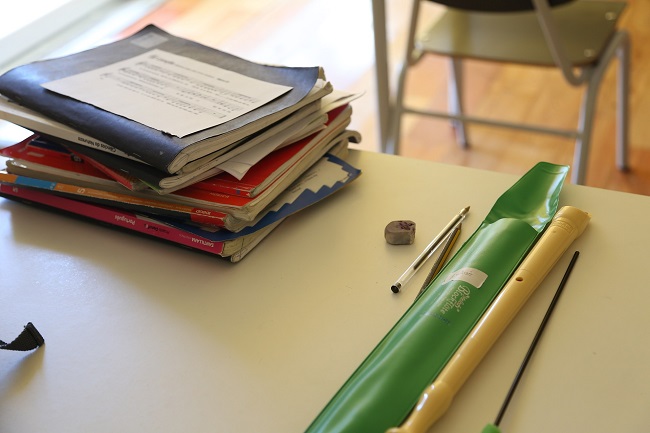To earn a graduate degree in music education, one of the highest paying master’s degrees, you definitely need to play a musical instrument well. Ideally, you will have considerable formal training in musical performance, even if you didn’t receive or continue that training in your undergraduate studies. Many prospective music education students wonder, for good reason, whether playing multiple instruments will give them a better chance of getting into graduate school. Proficiency in more than one instrument may not be as much of a selling point for graduate school admissions as you would think, although this knowledge can help you in a career in music instruction.
Why Having Skills in More Than One Instrument Doesn’t Always Matter
When you’re seeking acceptance into a graduate school music education program, the benefits of playing more than one instrument can seem like a no-brainer. In fact, the situation is more complex than you might think. Generally, graduate schools don’t require students to play multiple instruments. Contrary to popular belief, having this qualification doesn’t necessarily give you a huge advantage in getting into a master’s in music education program or, for that matter, a music school in general.
The admissions team at a music school is more interested in the quality of your musical abilities than the quantity of the instruments you can play. The level of skill you demonstrate in any one instrument only counts toward your consideration for that instrument. In many schools, there is no cumulative boost to your overall application based on the number of instruments you play. In fact, splitting your focus and applying for admission under multiple instruments can make you a less appealing candidate if it gives the impression that you are a “jack of all trades, but a master of none.” If you end up giving a mediocre audition on one or more of the multiple instruments you play – or even a performance that isn’t as good as your own performance on the other instrument – it may lower your chances of getting into the school at all or of getting offered a scholarship.
Unless you feel that you truly are equally proficient in playing both or all of the instruments, it may not be in your best interests to go out of your way to highlight in your application – through your audition, for example – that you play multiple instruments. Of course, trying to audition with numerous instruments is a lot different than simply mentioning in your essay or application that you have some proficiency in other instruments besides your primary instrument. If it’s clear from your resumé, essay and audition that you didn’t gain your musical versatility at the expense of building your skills in your primary instrument, playing multiple instruments is more likely to be a point in your favor.
Although many music programs allow students to audition with multiple instruments, doing so could backfire and lead to admissions personnel judging your performance not only against other applicants but also against your performance on another instrument.
How Knowledge of Multiple Instruments Can Help a Music Teacher
Playing more than one instrument may not be part of the admissions criteria for most schools, but it may be a learning outcome that results from earning your master’s degree in music education. Since many schools only employ one or two music teachers, it’s common for a music instructor to have to teach students in all of the different instruments in which the school offers instruction.
IMAGE SOURCE: Pixabay, public domain
That doesn’t mean every elementary school music teacher has to be an expert in playing every type of musical instrument in modern existence. It does, however, mean that knowing the foundations of how to play the major categories of instruments – like woodwind, strings, brass and percussion – can help you be better prepared for instructing students in the development of basic musical performance skills in a variety of instruments. You might also be responsible for vocal music instruction, like conducting a choir, although some schools have a separate music teacher for vocal and instrumental instruction.
Even grad students who are highly skilled in multiple instruments may have to brush up on their knowledge of playing the recorder, a type of woodwind instrument that has long been used as schoolchildren’s first exposure to playing a musical instrument, NPR reported.
Additional Resources
What Are Most Master’s in Music Education Programs’ Demands for Prerequisites?
What Kind of Backgrounds Do People in a Master’s in Music Education Program Come From?
Do Most Schools Require a Performance to Be Able to Get Into the Music Education Program?

